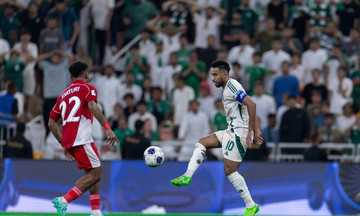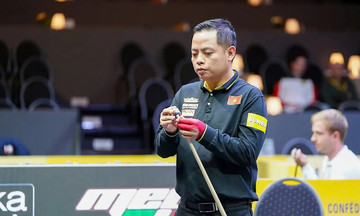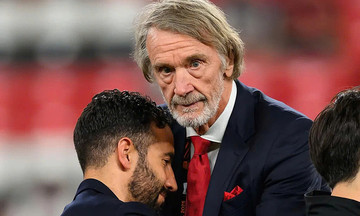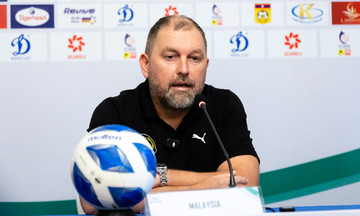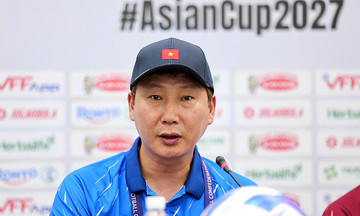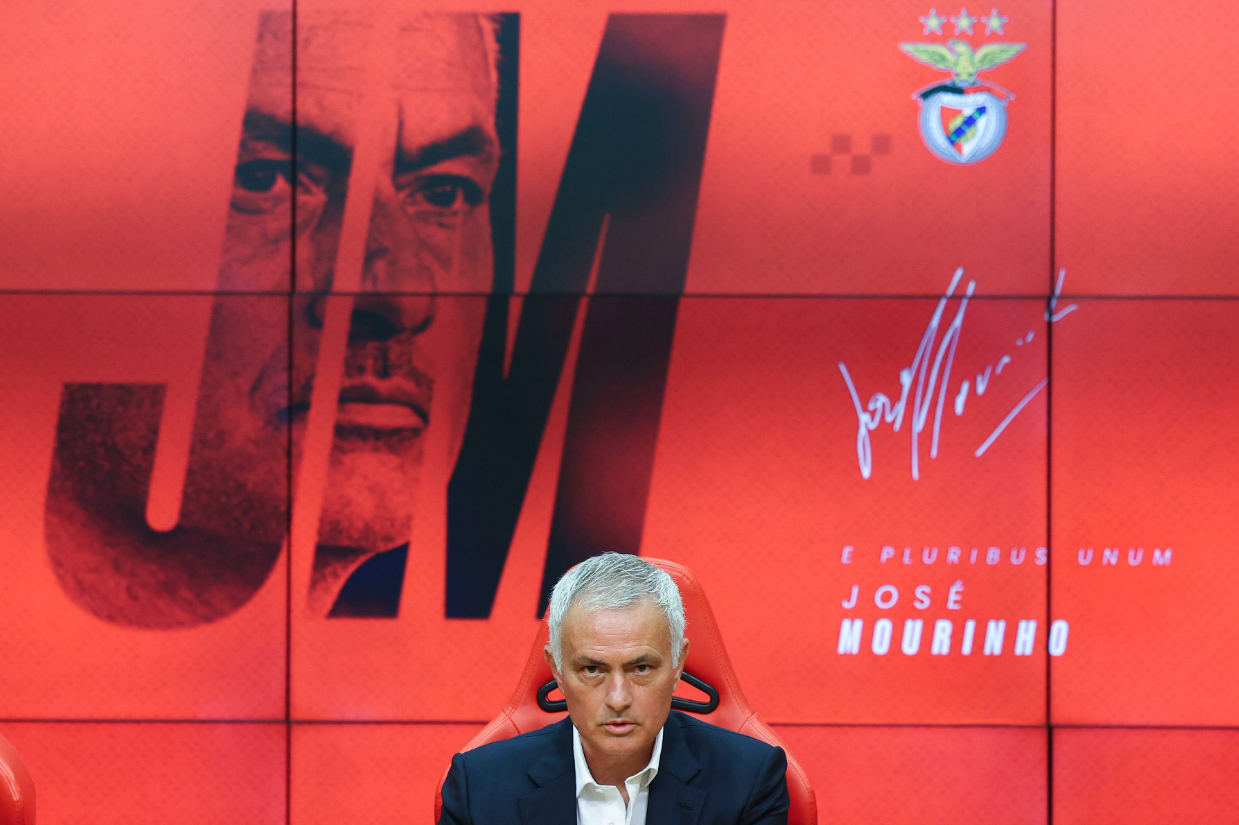 |
Jose Mourinho during his introductory press conference at Benfica in Lisbon, Portugal, 18/9/2025. Photo: Abola |
In the fall of 2000, Benfica was in crisis. After six years without a championship and facing financial difficulties, President Joao Vale e Azevedo fired Jupp Heynckes and made a surprising choice: 37-year-old Jose Mourinho, fresh from four years as a translator for Bobby Robson and Louis van Gaal at Barcelona.
This decision was met with skepticism in Portugal. But Mourinho quickly made his mark. He signed a short-term, six-month contract with an automatic extension if Vale e Azevedo won re-election. Azevedo's subsequent electoral defeat sowed the seeds of Mourinho's early departure.
In his biography by Luis Lourenco, Mourinho admitted inheriting "a weak team, with no future and no ambition." The players, he said, were "used to losing, trained superficially and cared little."
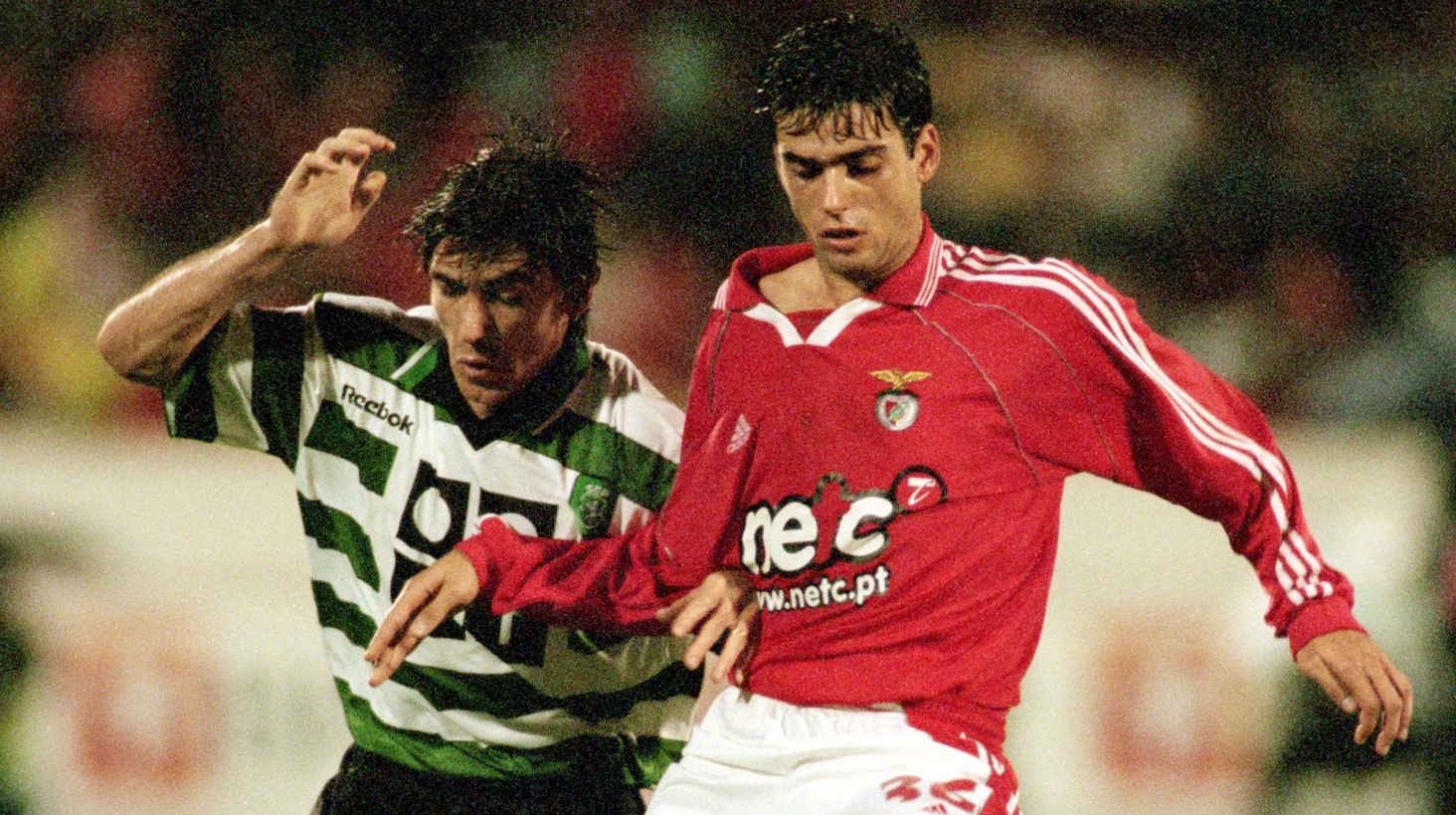 |
Diogo Luis (right) during a Benfica match against Sporting Lisbon. Photo: Sky Sports |
This initial impression worsened after Benfica's lackluster 1-0 opening loss to Boavista. Disappointed with both the performance and the team's attitude in training, Mourinho began a major overhaul.
He identified a few reliable veterans: forward Pierre van Hooijdonk, whose "rough" personality Mourinho admired; Portuguese midfielder Maniche, who later followed him to Porto and Chelsea; and the late goalkeeper Robert Enke. He also boldly promoted young players from the academy to the first team.
Left-back Diogo Luis recalled, "Mourinho didn't look at names or experience. He only cared about how you trained. Thanks to that, we, the young players, got the chance to live our dream of playing for the first team."
Even established star Abdel Sattar Sabry wasn't exempt. During one match, Sabry took seven minutes to tie his shoelaces before substituting in, infuriating Mourinho. The next day, in front of the entire team, Mourinho declared, "With that attitude, you'll never play for me again," and repeated the statement to the press.
Diogo Luis said, "That's how he commanded the dressing room. Anyone who thought they were special was cut. From then on, we knew Mourinho saw every detail."
Mourinho also fortified the team's mentality. The dressing room, previously accessible to club officials, became a sacred space for the players. He transformed external criticism into fuel for an "us against the world" mentality.
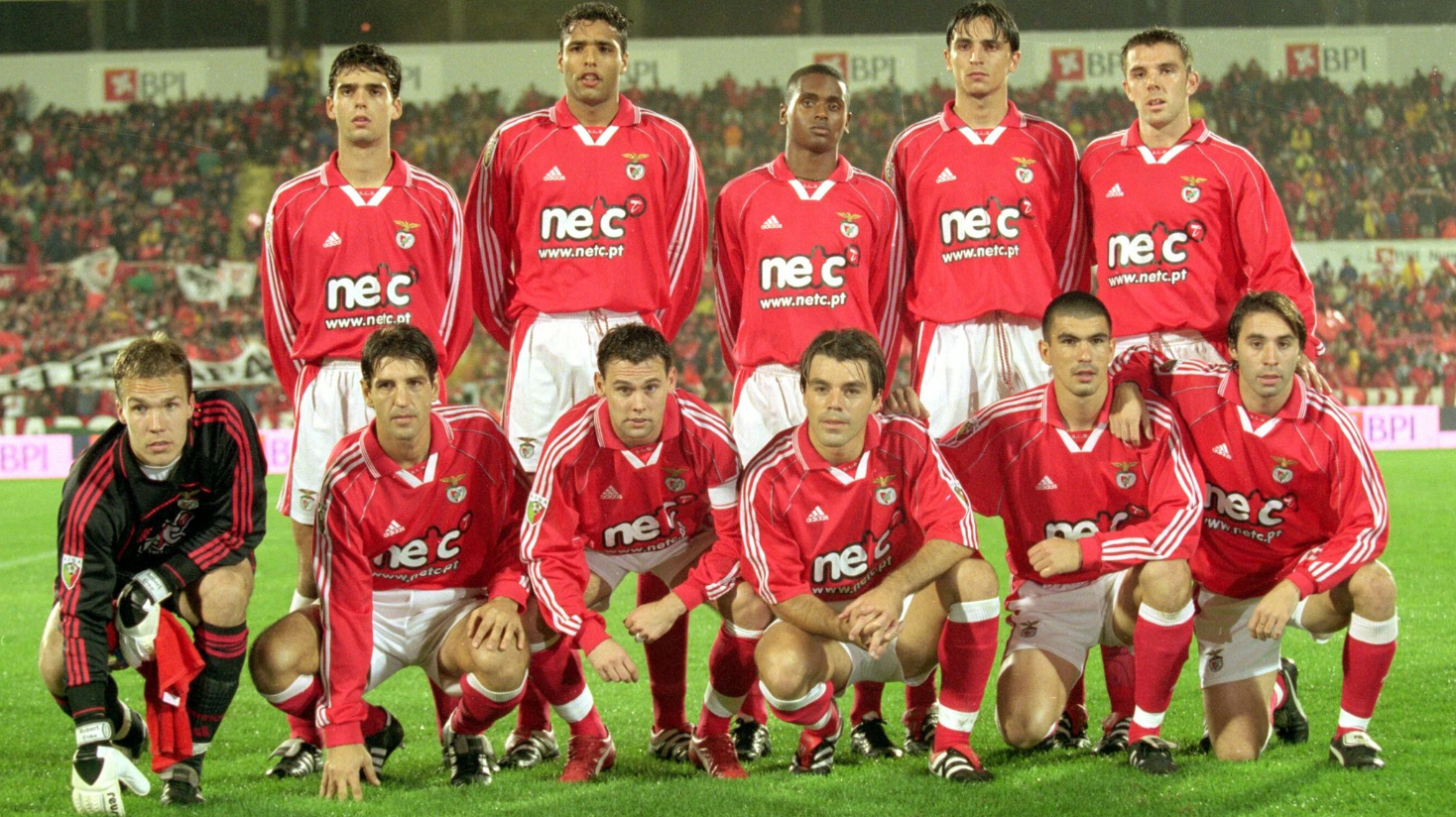 |
Benfica won six, drew three, and lost two in 11 matches under Jose Mourinho in 2000. Photo: Sky Sports |
Training methods also underwent a radical change. Mourinho implemented "tactical periodisation," integrating physical, technical, and tactical training within ball exercises, rather than separating them. Every exercise was tied to his tactical vision, allowing players to simultaneously improve fitness and develop game-realistic responses. This approach would later bring him success at Porto, Chelsea, and other major clubs.
"Before, we would run laps for 20 minutes and train for two to three hours. With Mourinho, it was just an hour with the ball, no more. He divided the pitch into sections like an airport, we trained continuously, rested for exactly one minute to drink water, and then continued. We thought we wouldn't have the stamina to play, but when we got into the game, we were flying," Diogo Luis recounted.
Beyond training, Mourinho personally analyzed opponents. When provided a report listing only 10 opposing players, he decided to study every player himself, locking himself in his hotel room from 7 a.m. to 11 p.m. As a result, each Benfica player entered the field knowing exactly what to expect from their opponents.
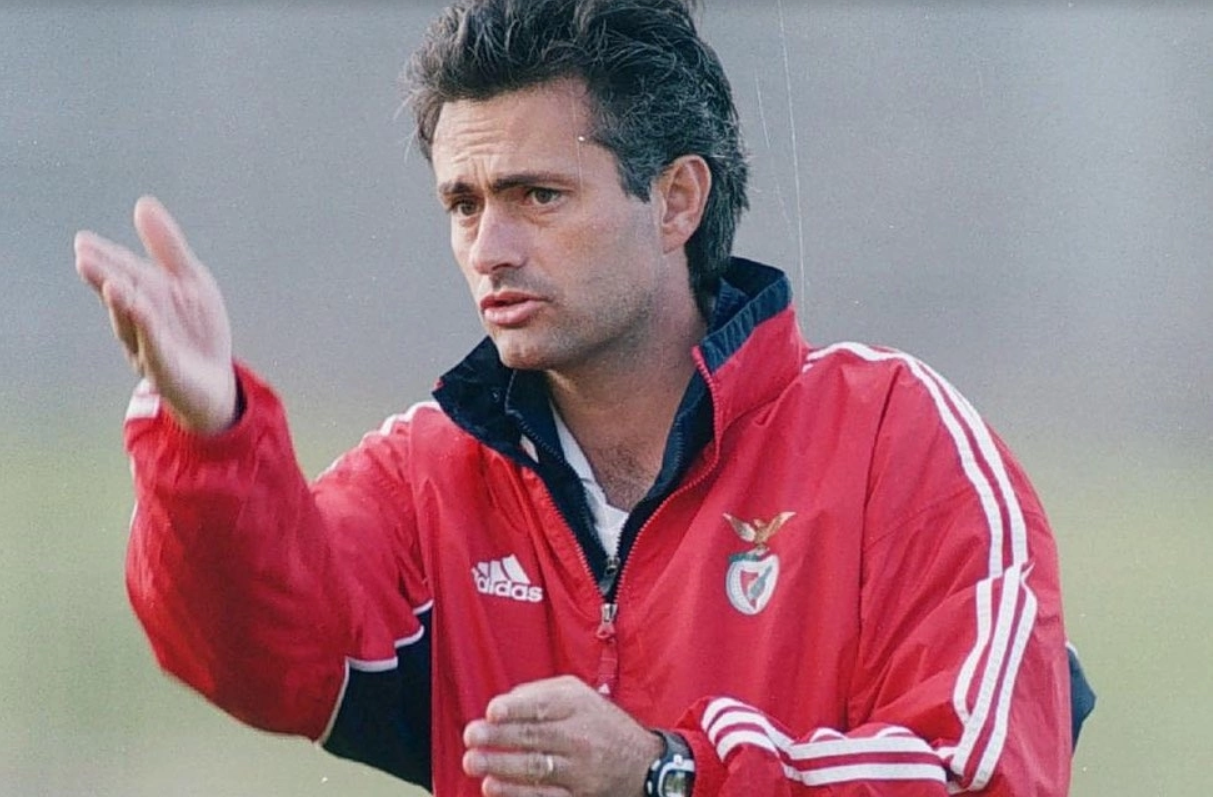 |
Mourinho had a three-month stint managing Benfica in 2000. |
Benfica quickly transformed. After the Boavista loss, the team lost only one of their next 10 matches, culminating in a 3-0 victory over Sporting Lisbon in December 2000 – a fiery derby that put Benfica back in the title race. But instead of reward, Mourinho faced turmoil.
Vale e Azevedo lost the election, and new president Manuel Vilarinho wanted to bring back club legend Toni as manager. Mourinho felt offended by interference with his rest time and schedule. After the Sporting victory, he even left Vilarinho standing outside his office while he called his wife.
That night, Mourinho issued an ultimatum: a one-year contract extension or his resignation. Vilarinho refused, and Mourinho left Benfica just days after his memorable win.
Mourinho later admitted to acting like a "blackmailer" and apologized. But the greatest regret belonged to Benfica: from a high, they fell to 6th place, their lowest ever finish. Meanwhile, Mourinho moved to Leiria and then Porto, where he won the UEFA Cup and the Champions League.
Chelsea, Inter Milan, Real Madrid, and even Manchester United later bore the mark of "The Special One." But it was Benfica, during those turbulent three months, that forged his core principles: iron discipline, unwavering belief, revolutionary training methods, and uncompromising spirit.
25 years later, Mourinho returns to Da Luz. It's not just a reunion, but a chance to close a chapter left open from those stormy early days.
Hong Duy (according to Sky Sports)




